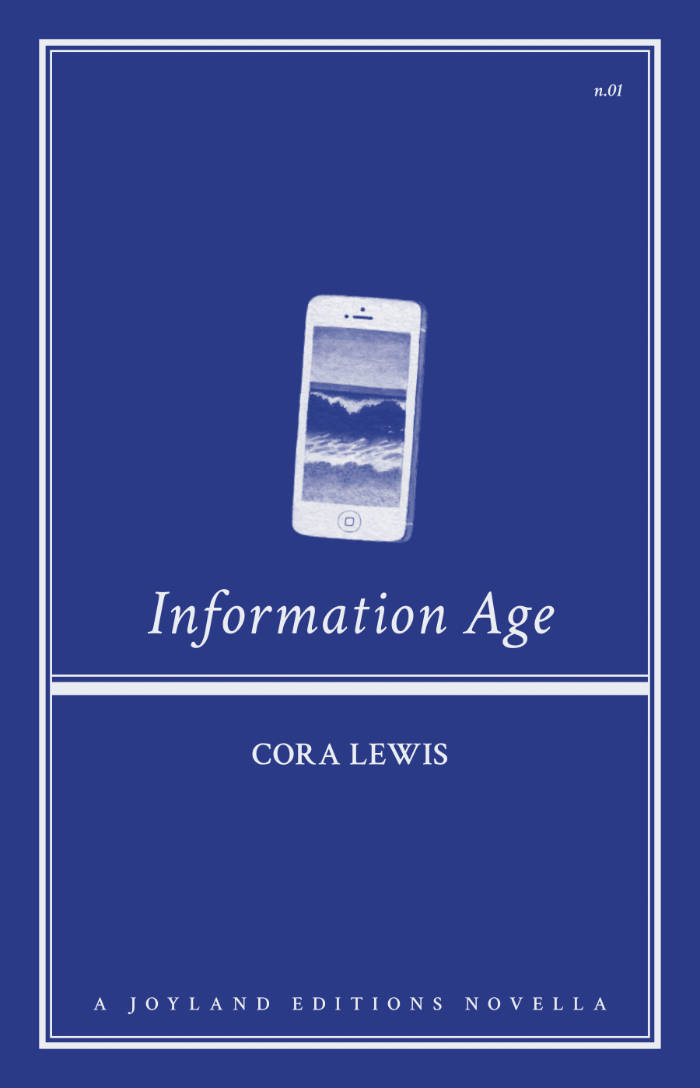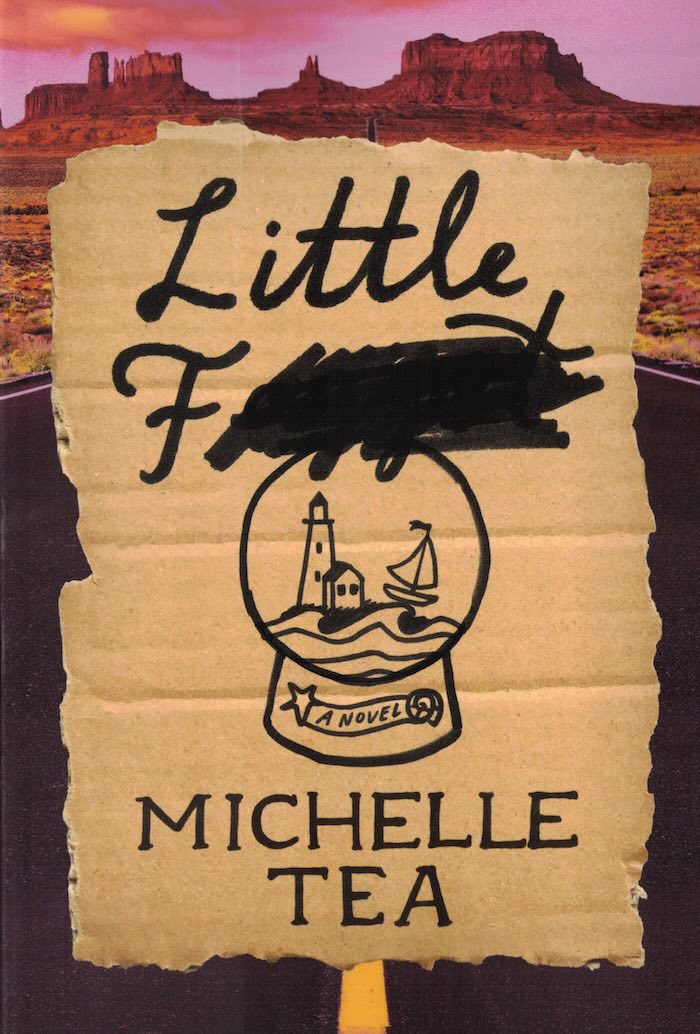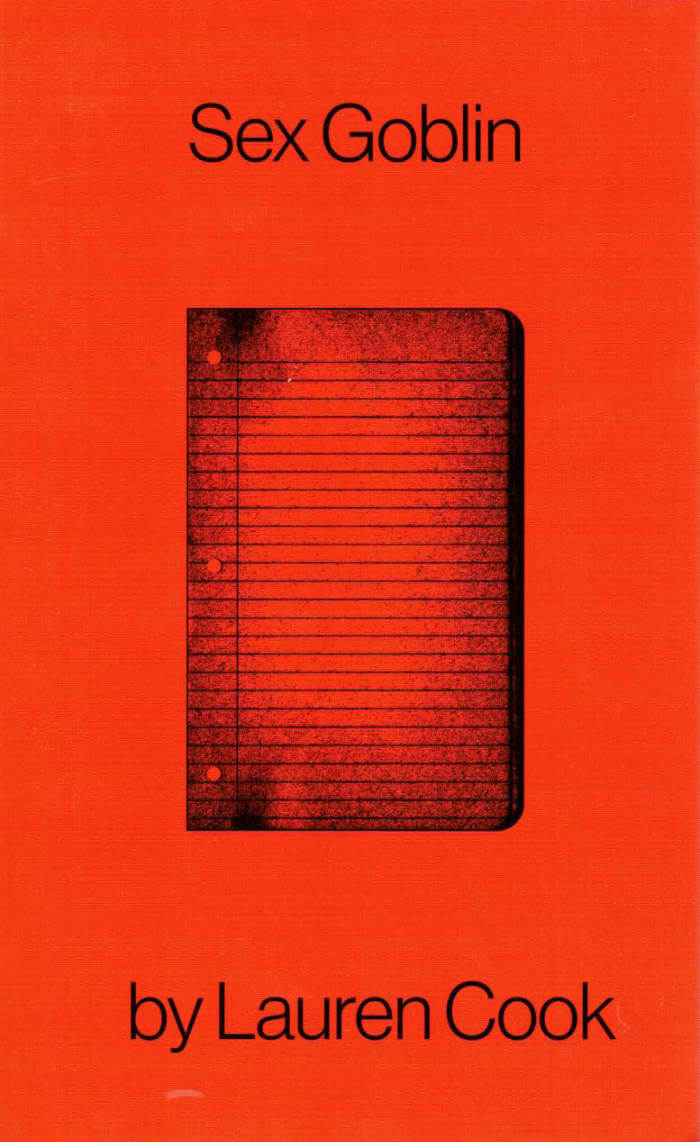
Axiomatic
How to speak of the searing, unpindownable power that the past-ours, our family's, our culture's-wields in the present? Drawing on nine years of research, Axiomatic explores the ways we understand the traumas we inherit and the systems that sustain them. In five sections-each one built on an axiom about how the past affects the present-Tumarkin weaves together true and intimate stories of a community dealing with the extended aftermath of a suicide, a grandmother's quest to kidnap her grandson to keep him safe, one community lawyer's struggle inside and against the criminal justice system, a larger-than-life Holocaust survivor, and the history of the author's longest friendship. With verve, wit, and critical dexterity, Tumarkin asks questions about loss, grief, and how our particular histories inform the people we become in the world.
Maria Tumarkin is a writer and cultural historian. A recipient of the Windham-Campbell Prize, she is the author of three previous books of ideas, Traumascapes, Courage, and Otherland, all of which received critical acclaim in Australia, where she lives. Her most recent work, Axiomatic, was a finalist for the National Book Critics Circle Award.
Published 2019.
Language: English




